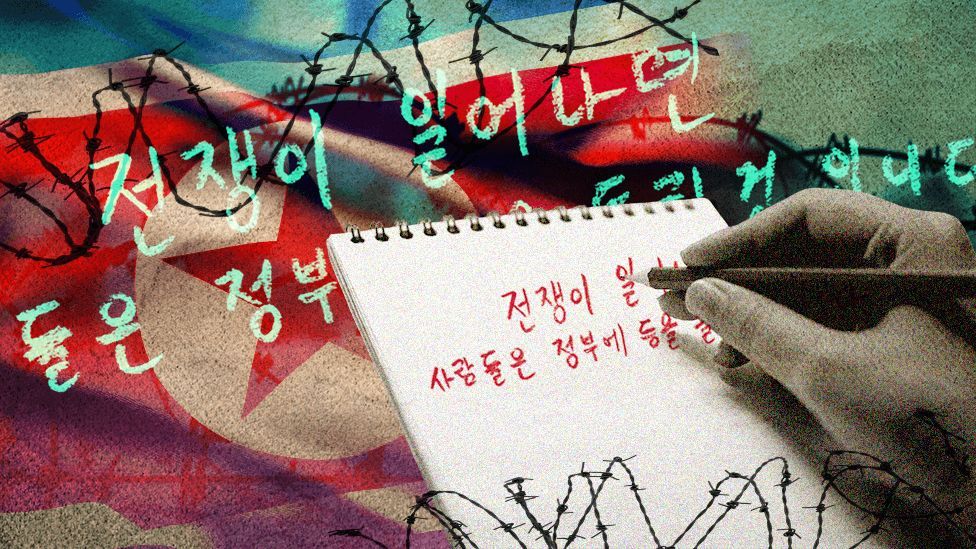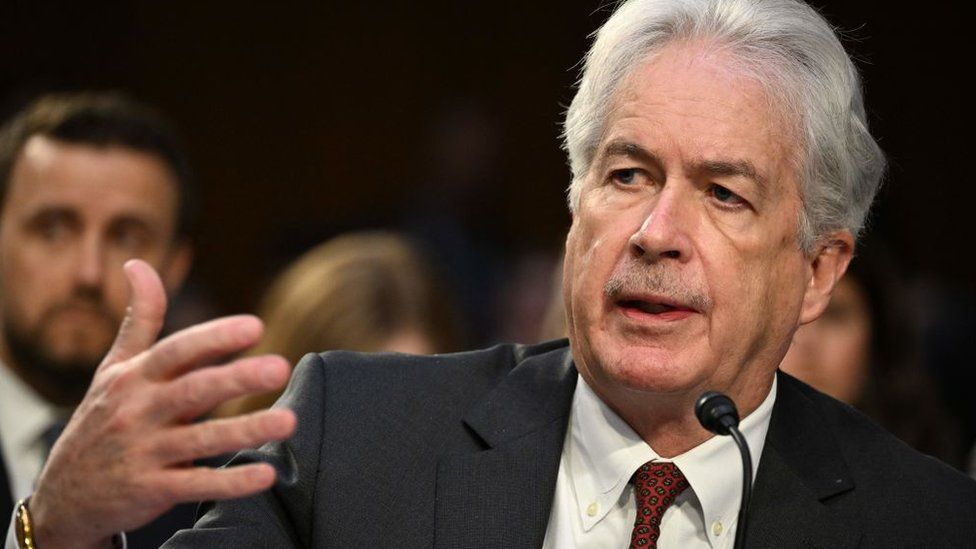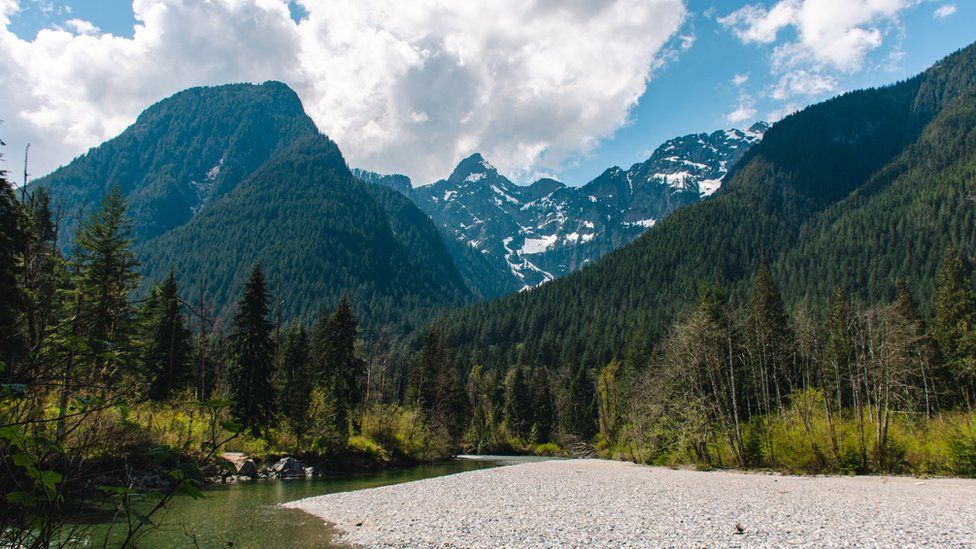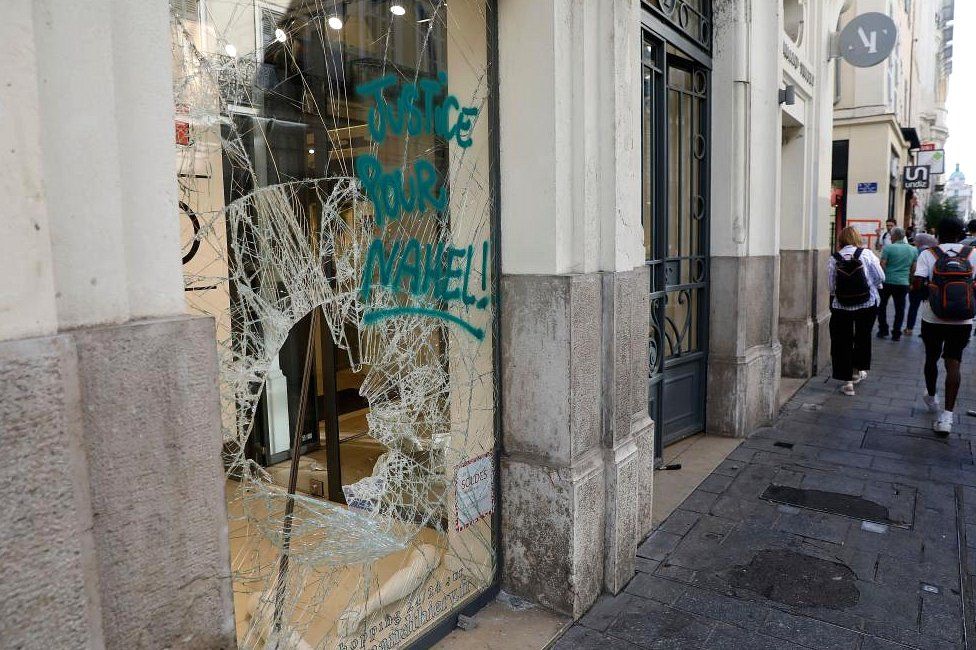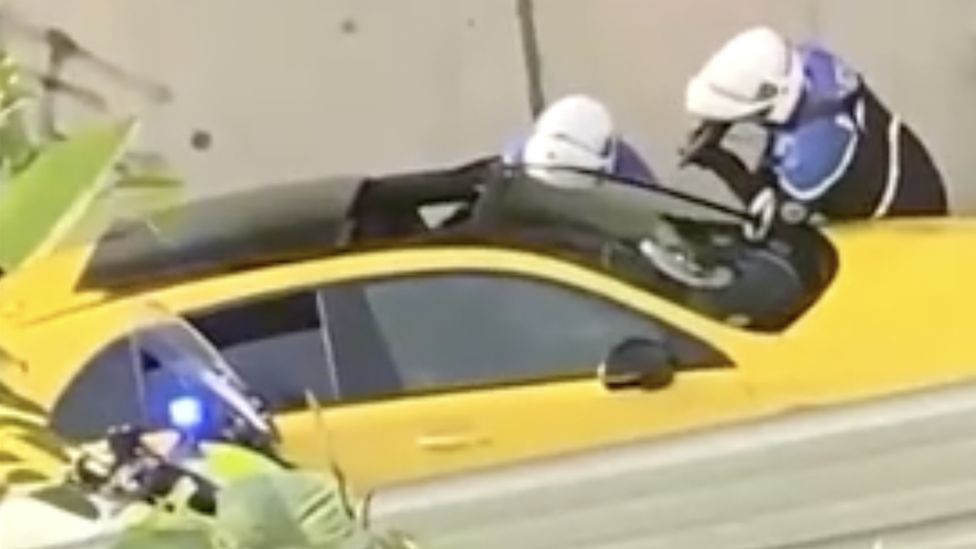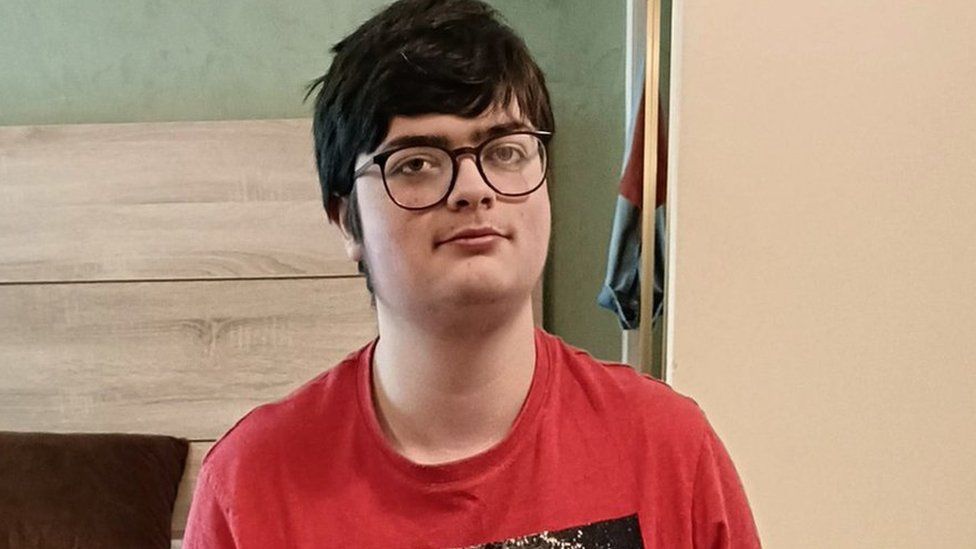A secret meeting between two North Koreans occurs late at night. One is a regular North Korean citizen who consented to put everything at risk to speak with the BBC. The other is a source who works for a South Korean organization that disseminates information abroad. .
The source relays one of our questions to the citizen and records the response at a safe location that cannot be bugged. They will send it back to us in several installments later, once it is secure. Sending even one complete response at a time is too dangerous.
We are now beginning a lengthy investigation into the effects of the North Korean government's decision to seal the nation's border more than three years ago.
North Koreans are prohibited from communicating with anyone outside the nation, particularly journalists, and if the government learns they have, they may be executed.
But a nation that was already challenging to report on became almost impenetrable when the border was closed in January 2020 in response to the coronavirus pandemic. .
As foreign diplomats and aid workers left the country, all the sources that journalists would typically rely on to relay what was happening on the ground dried up. Additionally, it became very difficult for North Koreans to flee and talk about their experiences. .
On the other hand, based on our understanding of how people in North Korea obtain their food and earn a living, there was good reason to suspect the border closure was causing significant suffering to people. Then, beginning in the previous year, we began to hear unconfirmed reports of severe food shortages and potential starvation. .
This is the reason we made the decision to take such extraordinary steps, including interviewing three regular North Koreans inside the nation.
First, we sought guidance from those who have experience dealing with North Koreans and are aware of the dangers. Despite the risks, Sokeel Park of the North Korean organization Liberty, who has worked with escapees for more than ten years, thought that this was an important and worthwhile endeavor.
No North Korean, he said, "will not understand the danger, and I think we should respect that if people want to do this.". Because we know so little, he said, "every conversation with someone inside North Korea, every titbit of information, is so valuable.". .
But we couldn't accomplish this on our own. We collaborated with the South Korean news outlet Daily NK, which has a network of inside sources. We were able to find interview candidates thanks to these sources. We chose to speak to people of various ages from various regions because we were aware that we would only be getting a snapshot of life inside the country. .
They consented after we explained the BBC and how widely their interviews would be heard and seen.
Editor-in-chief of Daily NK Lee Sang-yong stated, "They are excited to tell the world how bad the situation is in North Korea.". "They anticipate that the world community will pay attention. " .
For 13 years, Mr. Lee has collaborated with his sources to smuggle information out of North Korea. He assured us that his communication techniques were reliable. Although he was sure he could keep everyone safe, he cautioned that the process would take some time. .
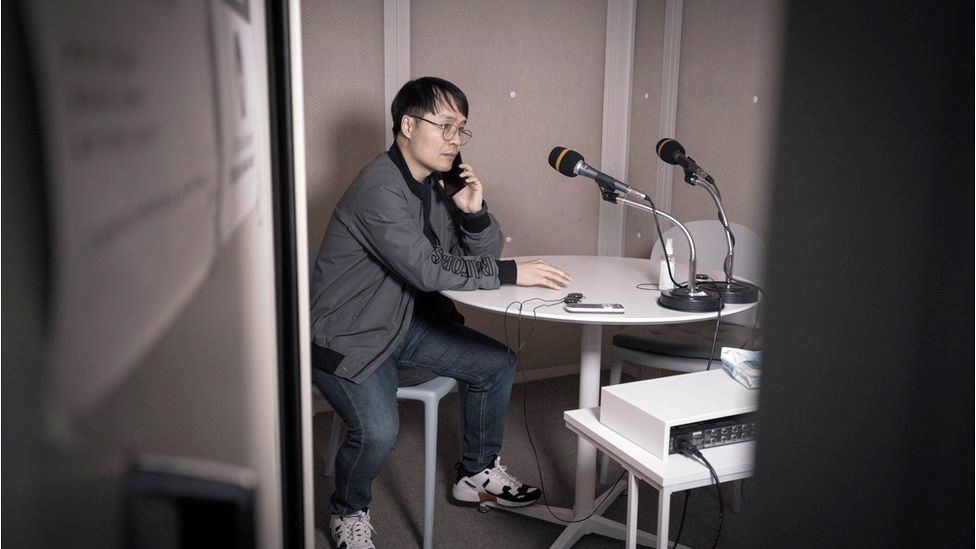
There were times while we waited when we feared we wouldn't learn enough. This was the gamble: what if we got one-line answers, maybe not even enough to report? .
But after compiling the messages, we were astounded by the level of detail. People opened up much more than we anticipated, and the situation turned out to be worse than we had anticipated. It alluded to the grave humanitarian and human rights situation that was developing in the nation as well as the ongoing food shortages.
Then, we started to verify as much as we could. Our three interviewees helpfully confirmed one another. They all mentioned the same new laws and quarantine regulations that alarmed them. They all discussed the lack of food and medicine, as well as the harsher crackdowns and penalties they had to endure. Even many of their fears and hopes were similar.
However, there were also interesting variations. In line with what we had anticipated, it appeared that the government had more support in the capital Pyongyang than in the border towns, but there was also more control, surveillance, and fear there. .
The next thing we did was deliver our interviews to NK Pro, a news organization in Seoul that keeps tabs on North Korea. The nation's own state-run newspaper and TV station is one of the few remaining sources of information on North Korea. Despite the fact that much of the content is propaganda, Chung Seung-yeon, NK Pro's state media expert, monitors this every day and searches it for hints about what is actually happening in the nation. .
"North Korea is perceived as a very secretive state. They don't openly discuss their issues, but they do leave hints, she claimed. She added that when they actually bring up a problem, as they have with the food crisis, it is "a really big deal.". .
She displayed a news item from February that praised North Korean party members for giving rice to the government. She noted that the fact that the state is receiving grain from its citizens "shows us how desperate the food situation is.". .
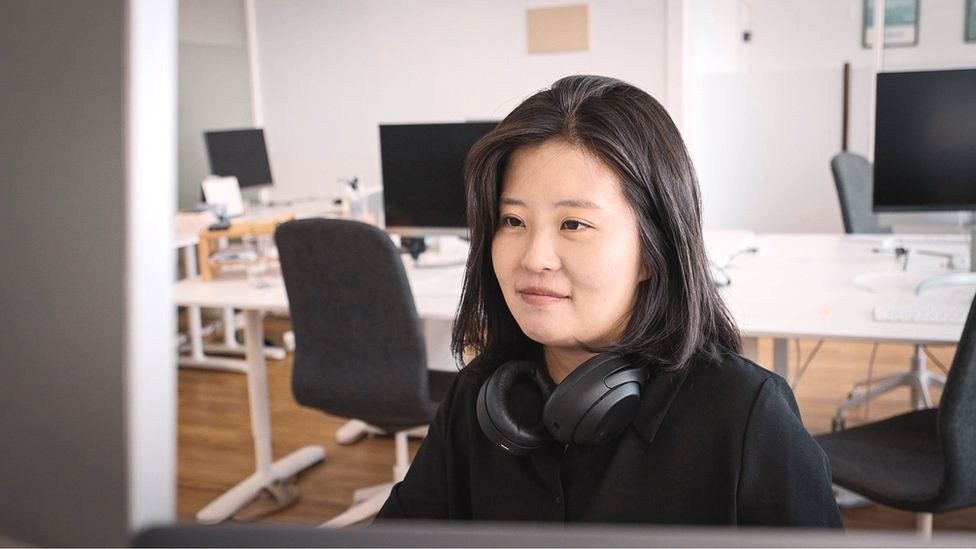
We were also able to confirm many of the quarantine and lockdown regulations that our interviewees had mentioned, as well as the newly enacted laws and penalties, with Ms. Chung's assistance.
We examined the data on food prices and trade as well as satellite images of the border to verify the information in other places. In order to be certain that our interviews—while not exhaustive—provided trustworthy snapshots of life in North Korea, we thoroughly examined the texts of new laws that had been illegally exported while also comparing them to reports from the UN, the South Korean government, and other sources. .
Even though we've shared a lot of information, we've kept back a lot of information out of respect for the interviewees. But because of their bravery, we now know a lot more about North Korea's situation than we did before. .
Sokeel Park said, "The world hasn't realized how bad things are for the North Korean people right now. "These interviewees don't represent the whole story. We'll likely discover in more detail in later years just how challenging this time period has been," he said. .
Through Daily NK, we last communicated with all of our interviewees, who were all in good health.


